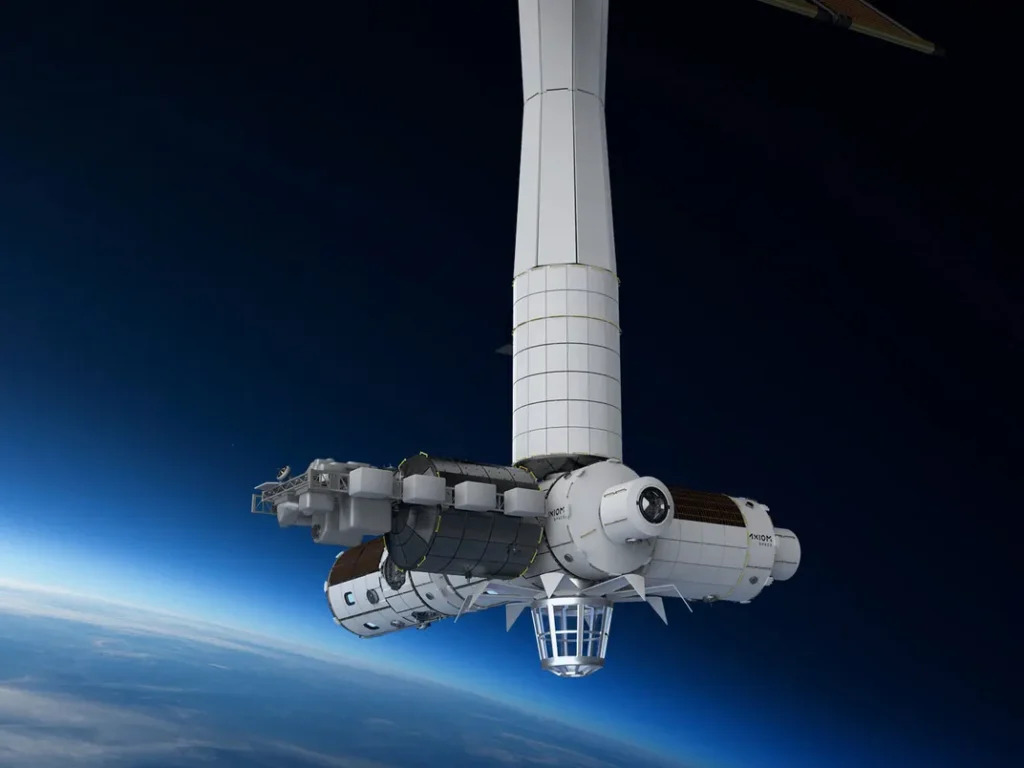NASA, on Friday, revealed modifications to agreements with its two commercial space station partners, reallocating existing funds to expedite the development of low Earth orbit space stations. This initiative is particularly crucial as the International Space Station is slated for retirement in 2030.
Seattle-based Blue Origin, owned by Jeff Bezos, will receive an additional $42 million for its Orbital Reef Station. The new milestones for Blue Origin encompass a range of activities, including completing additional subsystem design reviews, advancing technology maturation, and conducting key tests and demonstrations related to environmental control and life support systems such as water filtration and atmospheric monitoring.
Voyager Space is set to receive an extra $57.5 million for its Starlab station. Voyager’s milestones involve upgrades to the Northrop Grumman Cygnus spacecraft, transitioning from berthing to docking. Previously, Northrop Grumman had its own separate Space Act agreement with NASA for constructing a space station, but later opted to provide its Cygnus spacecraft for cargo transport to Starlab. Voyager will also focus on various aspects, including operations, assembly, integration, testing, as well as rendezvous and proximity operations demonstrations.
In total, Blue Origin and Voyager Space have been granted an additional $100 million, bringing their total funding for the program to $172 million and $217.5 million, respectively.
While Blue Origin and Voyager Space operate under Space Act Agreements with NASA, Axiom Space, another funded commercial space station partner, follows a firm-fixed price model. NASA is currently in negotiations with Axiom Space to incorporate additional content into the program.
